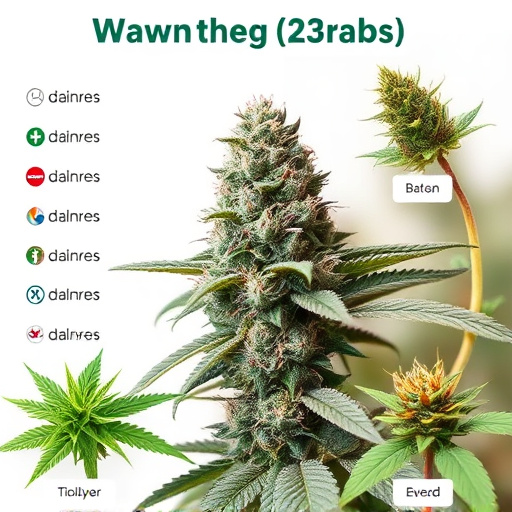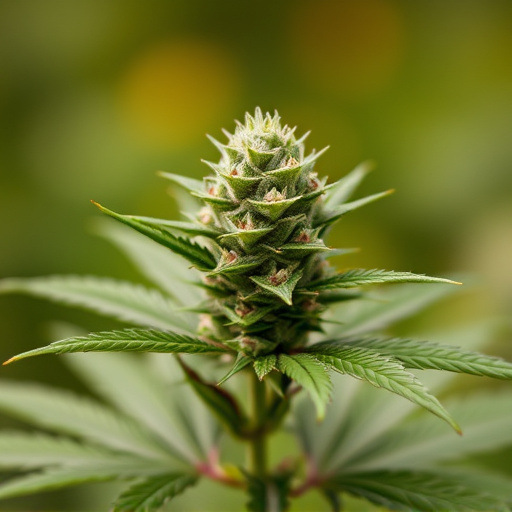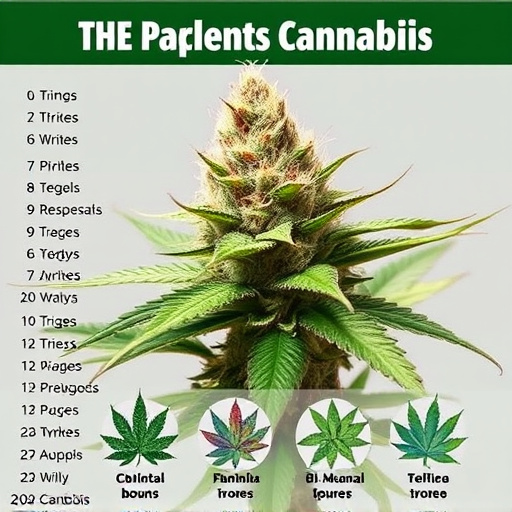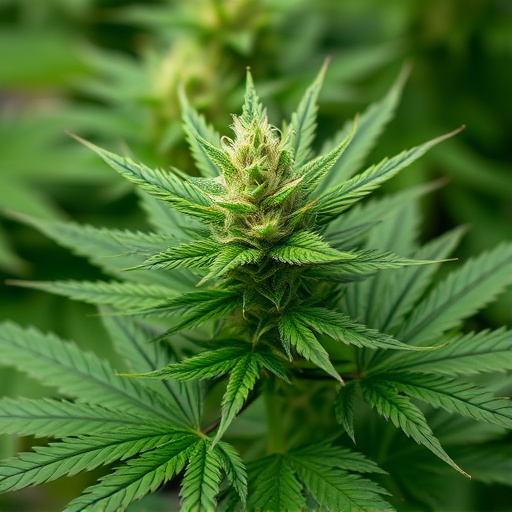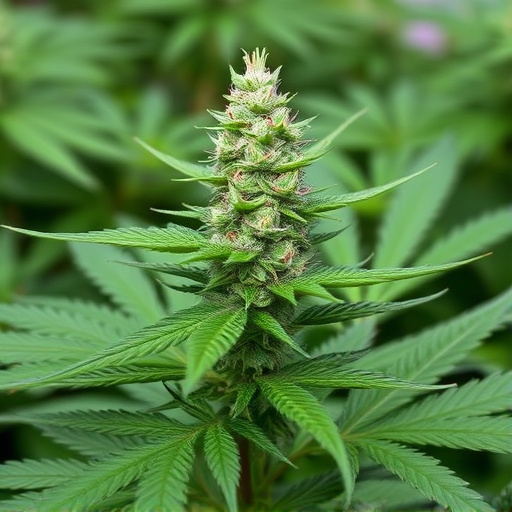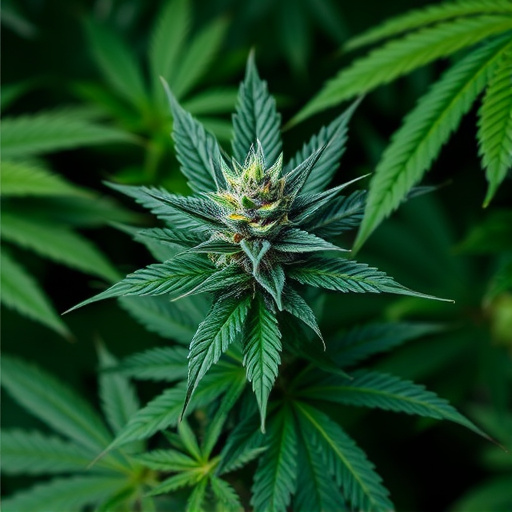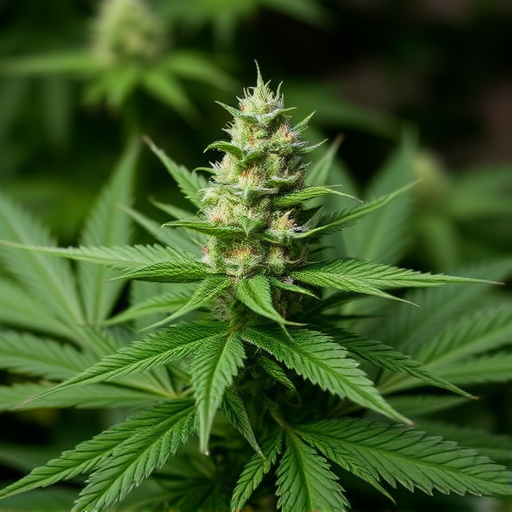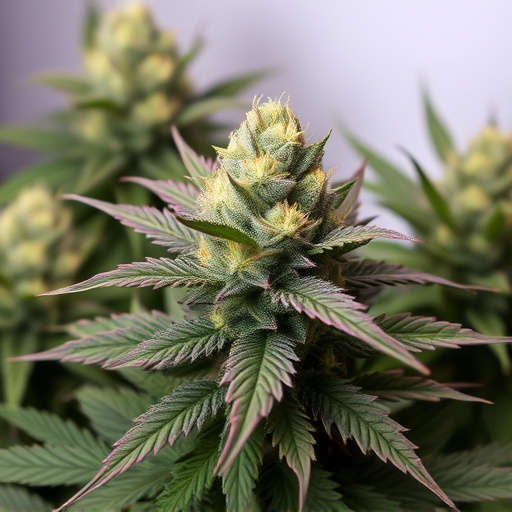Smoking high-concentration cannabis can cause immediate side effects like anxiety, paranoia, and dizziness, especially in those with PTSD. While certain strains may alleviate symptoms through relaxation, effects vary greatly based on genetics and composition. Regular consumption increases risk of long-term issues, so moderation and responsible use are key. Exploring alternative therapies or combining cannabis with proven treatments is advisable to manage PTSD symptoms while minimizing cognitive impairment from potential cannabis side effects.
“Smoking weed may seem like a harmless recreational activity, but it’s crucial to understand its side effects, especially for those dealing with post-traumatic stress disorder (PTSD). This article explores the physical, cognitive, and emotional repercussions of short-term cannabis use, delving into how chronic consumption can impact mental health. We also highlight specific cannabis strains that show potential in managing PTSD symptoms, offering a glimpse into therapeutic options for those seeking relief from anxiety and trauma.”
- Short-term Side Effects of Weed Consumption
- – Physical reactions: Dizziness, nausea, increased heart rate, and blood pressure changes.
- – Cognitive impacts: Impaired memory, difficulty concentrating, and altered perception.
Short-term Side Effects of Weed Consumption
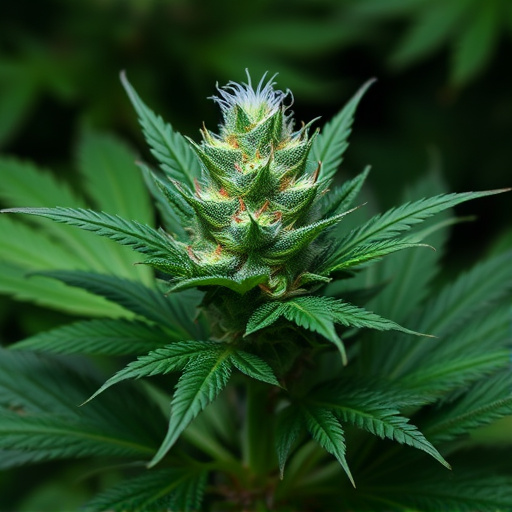
Smoking weed, especially in high concentrations, can lead to a range of short-term side effects that are often underappreciated. Beyond the immediate impact on cognitive function and motor skills, individuals may experience heightened anxiety or paranoia, which can be particularly acute for those with pre-existing mental health conditions like PTSD. Research suggests that specific cannabis strains known for their high CBD content, or balanced THC to CBD ratios, could offer relief from PTSD symptoms by promoting relaxation without exacerbating anxiety. However, it’s crucial to understand that the effects of cannabis are highly individual and can vary significantly based on genetics, tolerance, and strain composition.
Short-term physical side effects include dry mouth, red eyes, and increased heart rate. In some cases, users may also experience dizziness, nausea, or even temporary memory impairment. For occasional users, these symptoms usually subside quickly once the cannabis wears off. However, frequent consumption can lead to a higher risk of developing long-term issues, underscoring the importance of moderation and responsible use, especially when considering cannabis strains for PTSD or other medical conditions.
– Physical reactions: Dizziness, nausea, increased heart rate, and blood pressure changes.
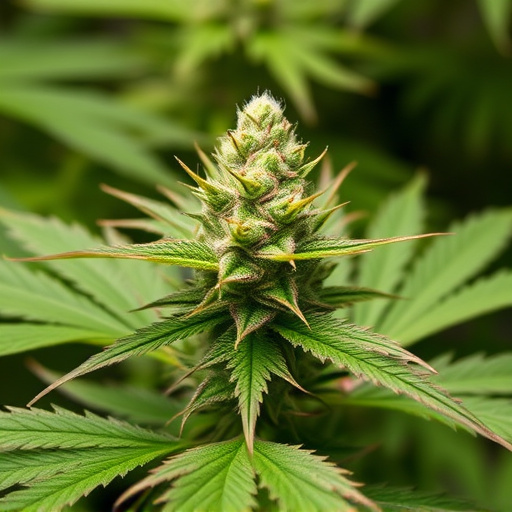
Smoking weed can trigger a range of physical reactions, especially in those new to its use or those consuming potent cannabis strains for PTSD or other conditions. Common immediate effects include dizziness and nausea, which may be more pronounced with higher THC concentrations. The heart rate tends to increase, leading to a rise in blood pressure, posing potential risks for individuals with pre-existing cardiovascular issues. These physical reactions can vary in intensity and duration, depending on the individual’s tolerance and the specific cannabis strain consumed.
Understanding these side effects is crucial when navigating the world of cannabis therapy. While cannabis strains for PTSD have shown promise in alleviating symptoms, it’s essential to be aware of potential adverse reactions. Proper dosage, selection of suitable strains, and gradual consumption can help mitigate these physical reactions, ensuring a safer and more beneficial experience.
– Cognitive impacts: Impaired memory, difficulty concentrating, and altered perception.
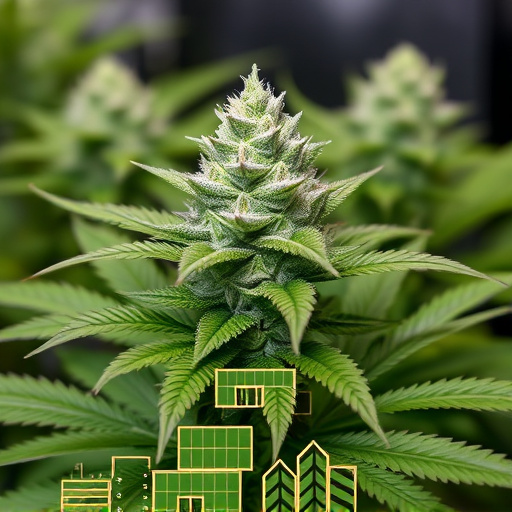
Smoking weed can have significant cognitive impacts, particularly affecting memory, concentration, and perception. Research suggests that regular use can impair short-term memory and make it challenging to focus on tasks requiring sustained attention. Altered perception may manifest as a distorted sense of time or space, impacting daily activities and decision-making abilities. For individuals dealing with conditions like PTSD, where managing symptoms is crucial, these effects can be particularly problematic. While some turn to cannabis strains known for their calming and anti-anxiety properties, such as Indica varieties, it’s essential to approach this as a potential treatment with caution due to the cognitive side effects. Exploring alternative therapeutic options or combining cannabis with other proven treatments might prove more effective in managing PTSD symptoms while minimizing cognitive impairment.
While cannabis strains have been explored as potential treatments for conditions like PTSD, it’s crucial to understand that short-term side effects such as dizziness, nausea, cognitive impairment, and altered perceptions may significantly impact daily life. These effects can vary depending on individual tolerance and strain composition. As with any substance, informed consent and moderation are key. Further research is needed to fully comprehend the long-term implications of regular cannabis consumption, particularly for those seeking relief from conditions like PTSD. Consulting healthcare professionals before incorporating cannabis into your routine is essential.


